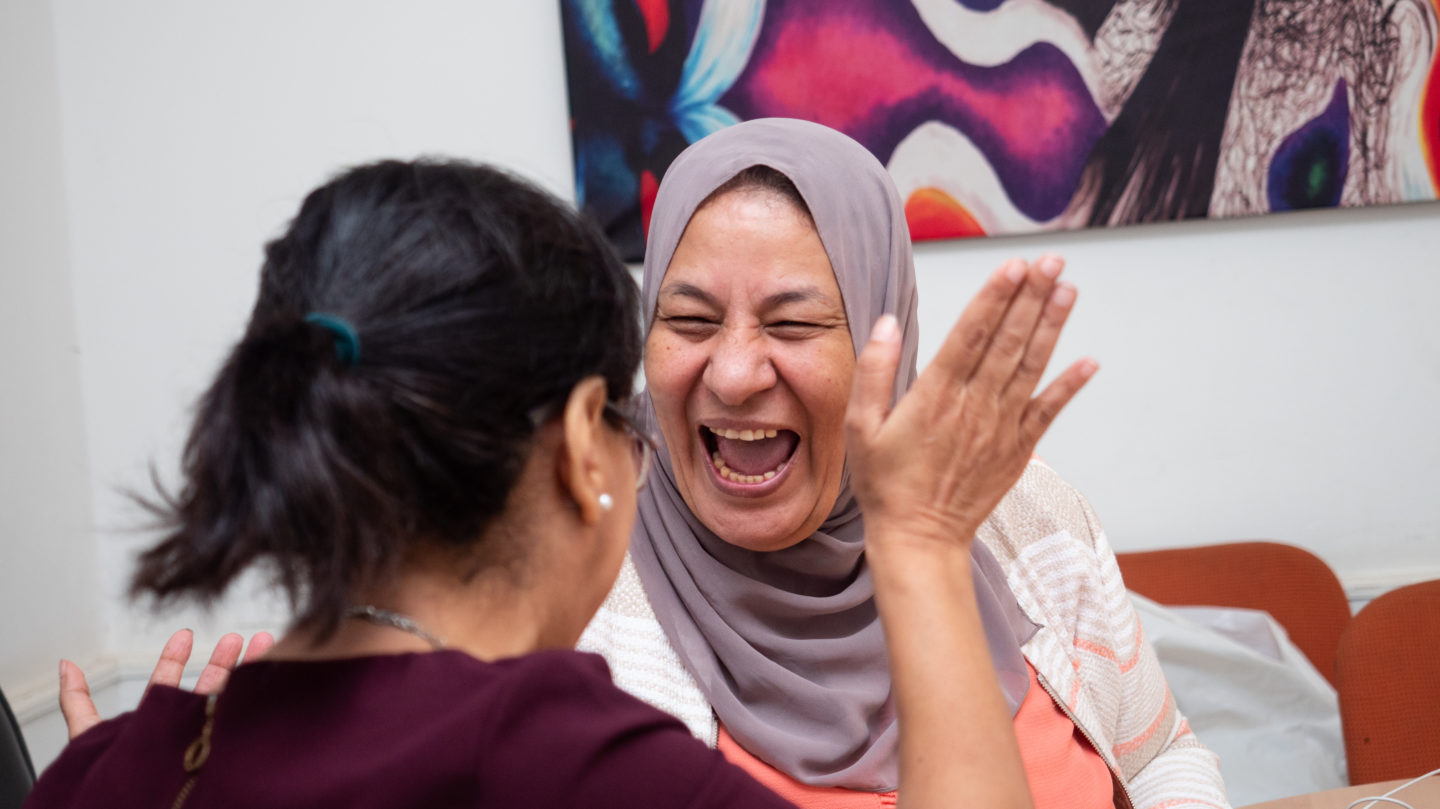
We must stop AIDS from slipping off the agenda
AIDS has been dropping down the global agenda for some time. And 2019 was no different.
We’re so far behind the UNAIDS Fast-Track targets that a problem has become a crisis. A prevention crisis to be exact. A crises that led to an estimated 1.7 new HIV infections in 2018.
The thing is, HIV cuts across so many spaces. It’s not a straightforward biomedical issue that can be fixed with new drugs or therapies.
We have the tools to prevent HIV: condoms, Pre-exposure prophylaxis (PrEP) , needle exchanges, effective treatment… but, they’re not available to everyone, everywhere.
Why? Because of who people are and the way they are treated by society. ‘Structural barriers’ and ‘norms’ that marginalise people, instead of supporting them, perpetuate gender-based violence, allow HIV stigma, and fail to make LGBT-related discrimination a thing of the past.
So, this year we stood up for the human rights of the most marginalised people and those most affected by HIV in new spaces. We put AIDS back on the agenda.
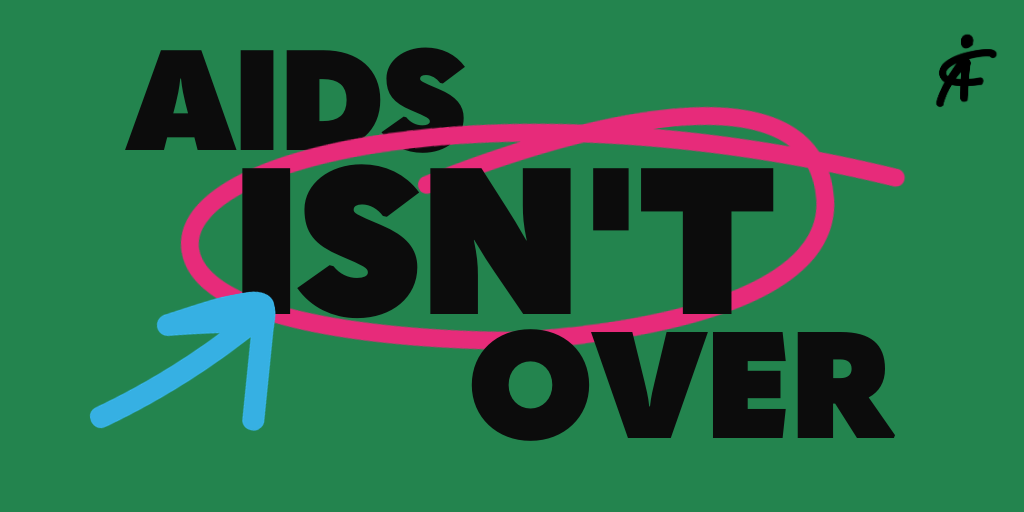
Women
We decided not to fit in at Women Deliver 2019.
As our Executive Director, Christine Stegling, said: no more will we fit in to patriarchal societies that limit us, dehumanise us and even kill us. Instead we stood up and stood out, as marginalised women – women who are transgender, use drugs, sell sex, are young – and said this is enough. We will not end AIDS until women are able to control their own lives, including their sexual health.
Our side event: Stigma. Choice. Change did just that. An all-female panel of marginalised women shared stories of HIV-related stigma and gender-based violence. In doing so, we put HIV back on the agenda of a conference that it had slipped from in recent years.
population
Every day, 460 adolescent girls contract HIV and 50 adolescent girls die from AIDS-related illnesses.
These harrowing numbers show that AIDS is unfinished business. The reproductive health and rights of adolescents should have been secured by now. But their burden has worsened, not improved.
At ICPD+25, we took the global commitments made by the summit and raised them another notch. Demanding all partners commit to the actions that will need to be taken if we want to end AIDS by 2030.
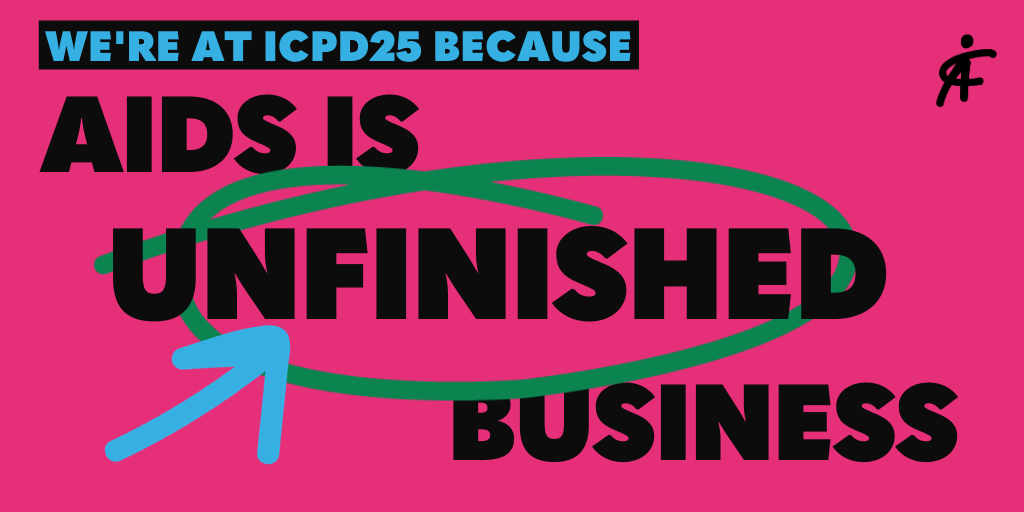
harm reduction
Our message at the International Harm Reduction Conference Porto was clear: it is not ok that women who use drugs are invisible and ignored. It is unacceptable that they can’t access SRHR and therefore have an added risk of HIV. We need to understand that women use drugs too.
We know that a quarter of the 15.6 million people who inject drugs are living with HIV. So we showcased our pioneering work to support people who use drugs to prevent HIV and Hepatitis C in 15 countries.
Our experience clearly shows the public health impact of supporting, not punishing, people who use drugs. The war on drugs must stop – criminalisation is failing and putting those who need support at risk.
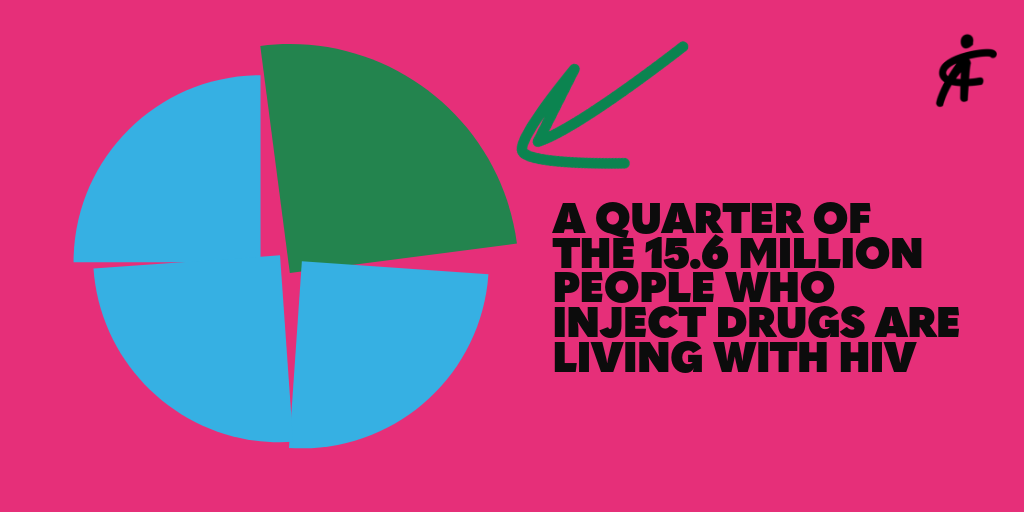
africa
At the International Conference on AIDS and STIs in Africa (ICASA) held in Kigali, Rwanda, we reinforced our message that AIDS isn’t over by highlighting scale of the HIV prevention crisis in Africa. We also brought solutions, with the launch of our Global Plan of Action, which will guide our work between 2020 and 2025.
We shared our HIV prevention shadow reports which delve into the realities of seven countries assigned targets by the Global HIV Prevention Coalition. Developed by civil society as a shadow report to the respective government’s official reports, they shed light on areas often neglected by official HIV reporting.
We also launched REAct: a system for community organisations to record human rights abuses. No longer can communities stand for abuses being ignored and not even recorded. REAct places the power back in their hands, so that these organisations can evidence how rights abuses impact the HIV response and use this to support legal and policy changes as well as targeted programming.
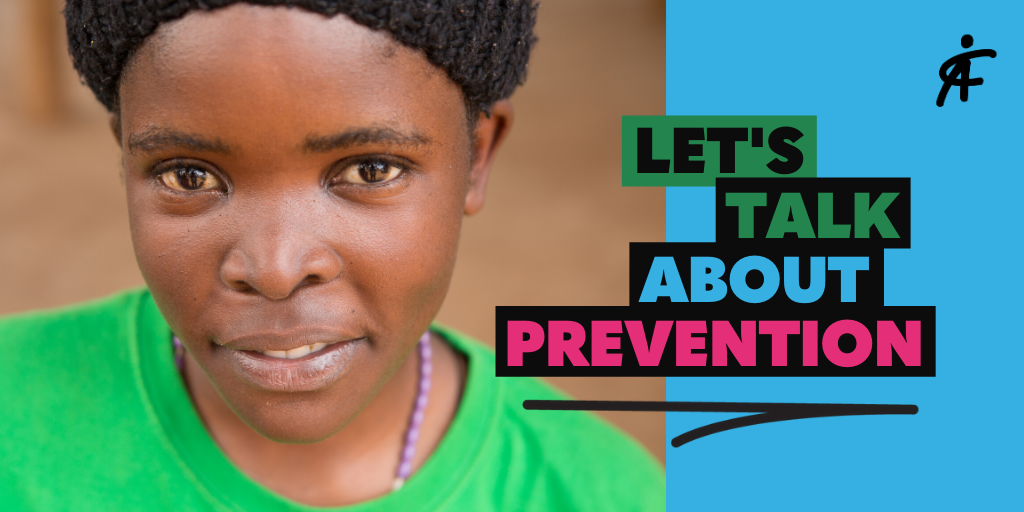
pride
We brought our global perspectives to the UK as we marched at Brighton Pride.
We stood with our friends from the lesbian, gay, bisexual and transgender (LGBT) community to celebrate our diversity but also as a reminder that many LGBT people around the world suffer horrific discrimination or criminalisation simply because of who they are – often due to colonial era laws.
We continue to provide grants to support LGBT people who are facing crises to continue accessing HIV services via our Rapid Response Fund.
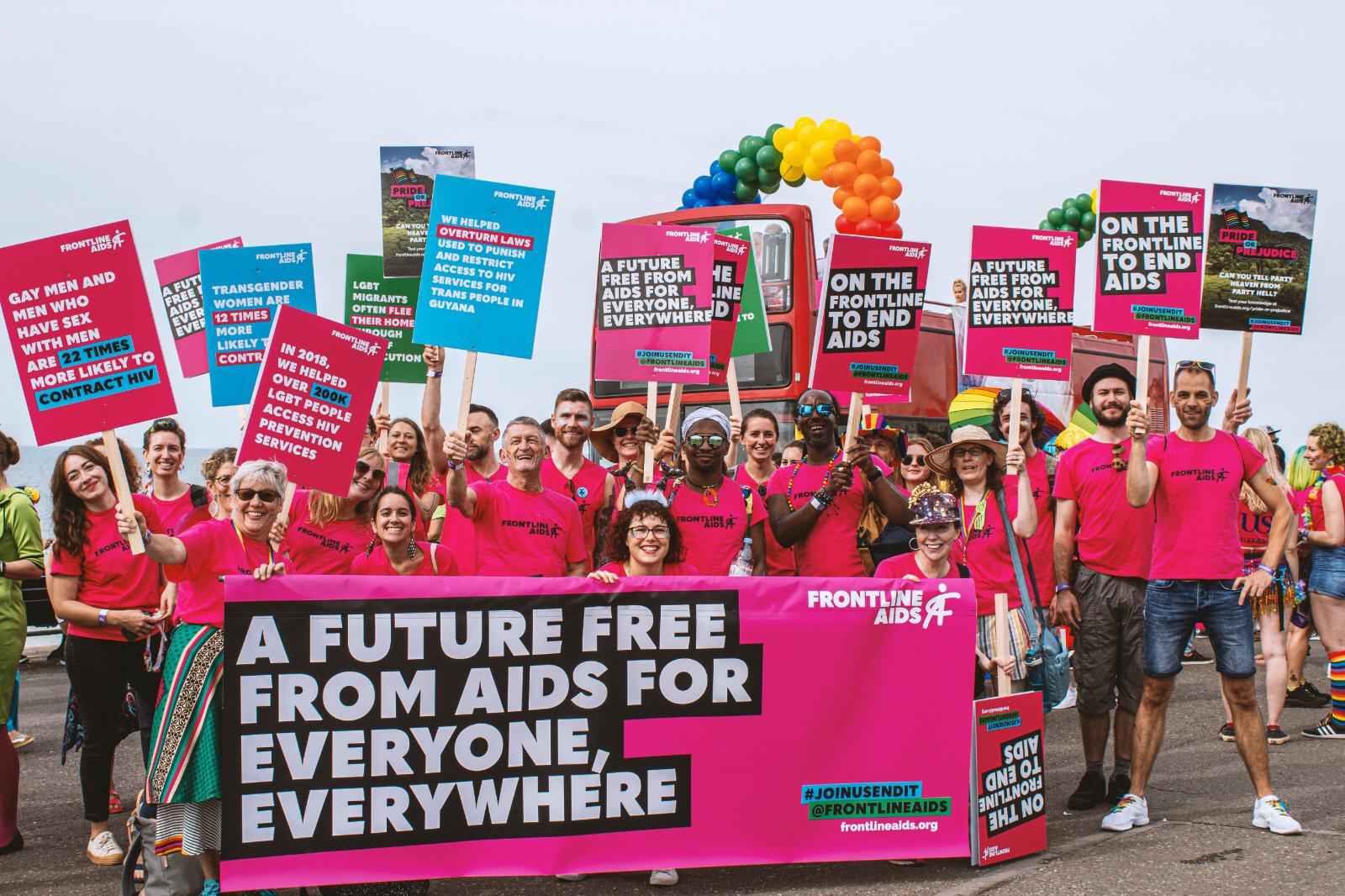
We must SPEAK TRUTH FEARLESSLY
The dangerous misconception that AIDS is over is still present and the most marginalised people around the world are the ones who are being put at risk.
So we must shout in spaces that aren’t focused on HIV. We must make sure AIDS is on the agenda. Otherwise the epidemic will continue to be neglected and more lives will be lost.
Will you use your voice with us in 2020?
Join us. End it.

